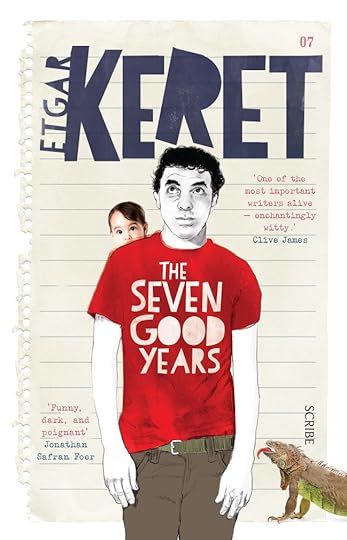What do you think?
Rate this book


173 pages, Hardcover
First published January 1, 2013


Empty roads in Tel Aviv in observance of Yom Kippur
“ The Hebrew slang in which I write represents a unique language, one that existed exclusively as a written language for two thousand years only to find itself “defrosted” at an arbitrary historical point. This created a spoken language that had preserved its ancient biblical roots on the one end but that was also very open to invented and imported words out of necessity—there were two thousand years worth of words that didn’t exist in the language. This tension between traditional language and a very chaotic and anarchistic one creates a spoken language that is bursting with unique energy and that allows you to switch registers mid-sentence. All of these linguistic aspects can’t pass translation. I have been lucky enough to work with probably the best translators around, and what we do most of the time is cry together and share comforting hugs."









